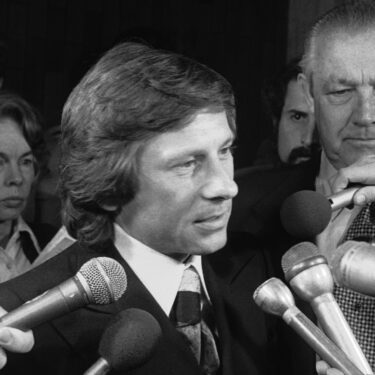From the moment a court ordered it unsealed, Los Angeles reporter Brian Melley doggedly tracked the progress of a long-sought transcript in Roman Polanski’s 1977 underage sex abuse case. Melley found the court reporter, putting in the first order for the 400 pages of testimony by a former prosecutor who handled the case. (The testimony had been taken more than a decade earlier and been sought by Polanski’s attorneys and foreign governments to help assess whether the director’s case had been mishandled by a judge.) Court transcripts in Los Angeles can be difficult to obtain, but Melley drew on experience to quickly locate the reporter and arrange for the transcript to be delivered electronically.

Melley’s smart work put AP at the front of the line to receive the transcript and he stayed in close contact with the court reporter through Friday evening. At 11 p.m. on Sunday night, the transcript arrived and Melley — knowing the story would be important to European audiences — went through it to glean key details and produced an authoritative story that no one could match for more than five hours. In his previously sealed testimony, the former prosecutor said that the judge in the case was reneging on a promise not to jail Polanski, prompting the director to flee the country.
After wrapping up the story at 3 a.m.,Melley got a few hours rest before setting out to interview Polanski’s attorney,who still hadn’t received his copy of the transcript. Prosecutors similarly did not obtain the document until later Monday,giving AP a lengthy exclusive on a high profile, competitive celebrity court case that has implications on both sides of the Atlantic.




